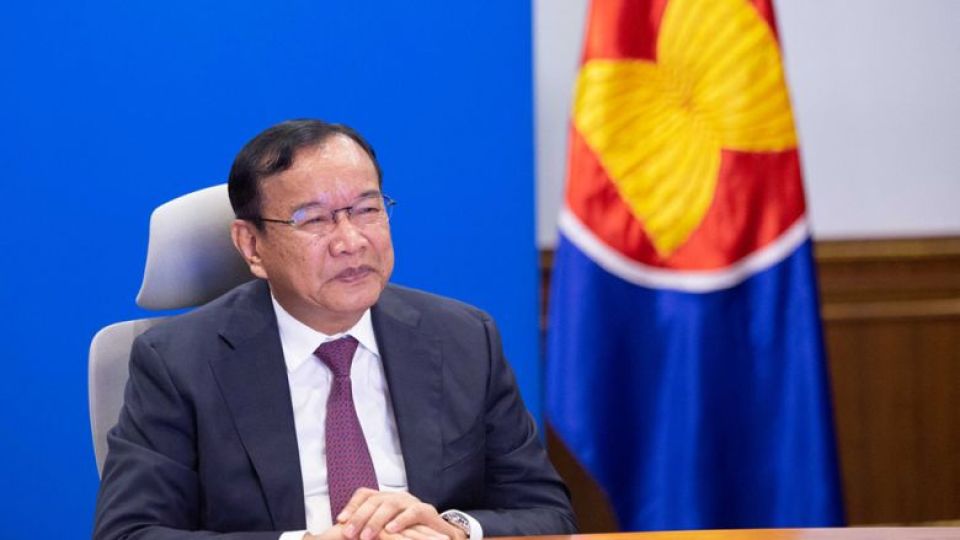May 6, 2022
PHNOM PENH – Cambodia, Indonesia and Thailand are each set to host a leaders’ meeting in November to advance global and regional agendas concerning peace, prosperity, and sustainable and inclusive development.
The meetings are the ASEAN and Related Summits, to be held in Cambodia from November 11-13; the G20 Summit in Indonesia from November 15-16; and the APEC Economic Leaders’ Meeting on November 18-19, hosted by Thailand.
“ASEAN, G20 and APEC processes share commonalities that provide a unique opportunity for all participating countries and economies to jointly advance the collective global and regional agenda and efforts to bring peace, prosperity and sustainable and inclusive development,” said a joint press statement released by Cambodia’s Ministry of Foreign Affairs and International Cooperation on May 4.
As the bloc’s chair this year, Cambodia will host the ASEAN summit on the theme “ASEAN ACT: Addressing Challenges Together”. Cambodia said it was committed to addressing the common challenges ASEAN member states are facing, and to sustain the “dynamism of the ASEAN community to build a strong sense of togetherness”.
The foreign ministry said Cambodia was “determined” to strengthen ASEAN’s resilience in the face of global uncertainties, and to maintain the bloc’s central role in constructive regional engagement.
It added that accelerating efforts to recover from the Covid-19 pandemic, promoting ASEAN integration and competitiveness for long-term growth, as well as enhancing population health security and social protection were its top priorities.
G20, meanwhile, will be held under the theme “Recover Together, Recover Stronger” and hosted by Indonesia, who said it was committed to ensuring the meeting is relevant not only for its members but also the world at large, particularly developing countries.
Indonesia listed its priority areas as “strengthening global health architecture, digital transformation, and energy transitions”, expressing hope that G20 would be able to serve as a catalyst for a strong and inclusive global recovery, the joint statement said.
The APEC Economic Leaders’ Meeting will be hosted by Thailand with the theme “Open. Connect. Balance”. The theme was selected to reflect the common goal and commitment of member economies, to address the “enormous challenges” arising from the pandemic, and discuss conflicts whose adverse ramifications are being felt worldwide, Thailand said in the statement.
It added that the forum hopes to discuss how to accelerate regional economic integration to achieve shared prosperity and promote an open, dynamic, resilient and peaceful Asia-Pacific community.
“APEC Economic Leaders’ Meeting calls for a refreshed conversation on the Free Trade Area of the Asia Pacific, advocates safe and seamless return to travel and emphasises inclusivity and sustainability,” it said.
Green economy will be the key focus of the meeting, especially the ways in which it could help the region and the world recover from the pandemic.
The joint statement said that as the chair of these meetings, the three countries were “determined to work with all partners and stakeholders to ensure a spirit of cooperation,” as the bloc continues in its efforts to strengthen its credibility and relevance.
Kin Phea, director of the Royal Academy of Cambodia’s International Relations Institute, said that Cambodia hosting the ASEAN summit reflects the significant role it plays in the regional and international framework.
“Cambodia demonstrates, by hosting this meeting, that it adheres to multilateralism when it comes to solving issues of common concern, both in regional and international mechanisms – especially those that cannot be solved at the state-to-state level,” he said.


